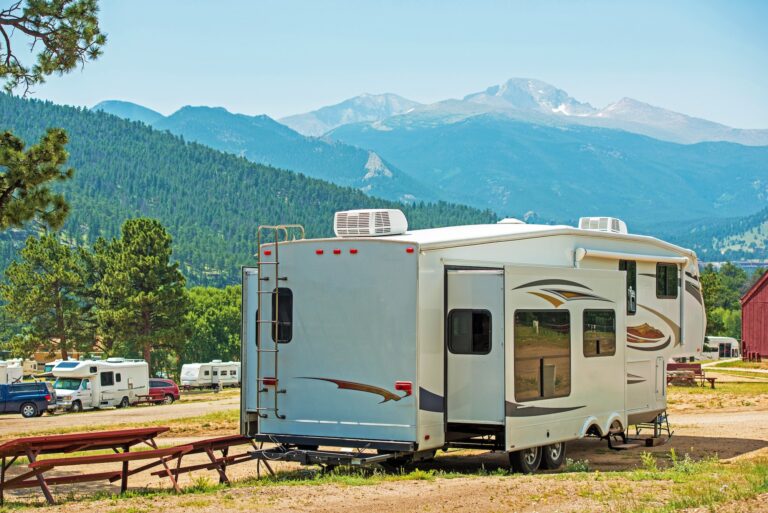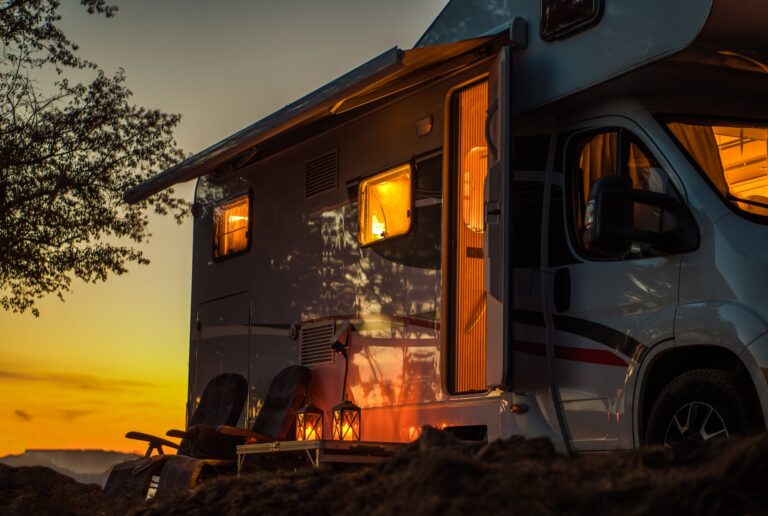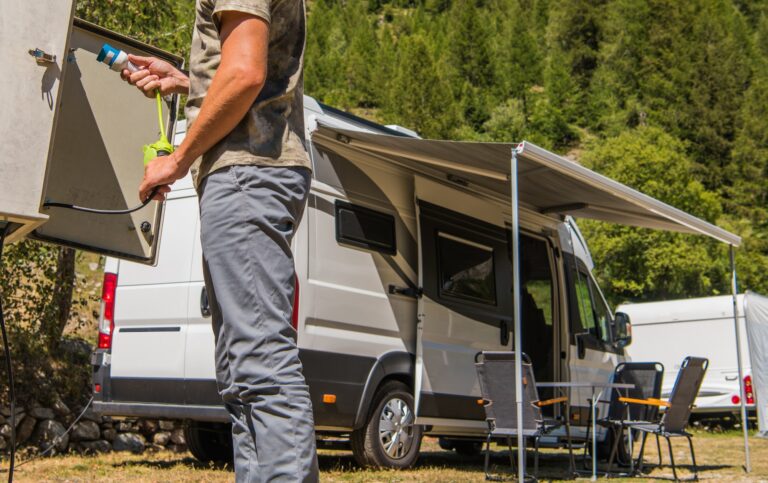Traveling in an RV offers an unparalleled sense of freedom and adventure. But like any vehicle, RVs are prone to the occasional breakdown or emergency. However, don’t let this deter you from your journey. When armed with some knowledge and preparation, you can confidently handle any unexpected situations. This guide will equip first-time RVers with essential information and strategies to deal with RV breakdowns and emergencies effectively.
Understanding Your RV
Before hitting the road, familiarize yourself with your RV. Understanding how it operates and functions will help you troubleshoot problems when they arise.
1. RV Types
RVs come in various types, each with unique characteristics. Motorhomes are divided into Class A, B, and C, while towable RVs include travel trailers, fifth wheels, and pop-up campers. Knowing your RV class and its specific features will guide you in handling breakdowns and emergencies.
2. RV Systems
Your RV is equipped with several systems, including electrical, plumbing, heating, cooling, and propane systems. Familiarize yourself with these systems, their components, and how they operate. Keep your RV manual handy for reference.
Pre-Trip RV Inspection
A thorough pre-trip inspection helps avoid many potential breakdowns. Here’s what to inspect:
3. Tires
Check your tire pressure and condition before each trip. Underinflation can lead to blowouts, while overinflation can cause poor handling. Look for signs of wear, damage, or aging in your tires.
4. Lights
Ensure all your RV’s lights are functioning correctly, including brake lights, headlights, turn signals, and interior lights.
5. Fluid Levels
Verify that your engine oil, transmission fluid, brake fluid, coolant, and windshield washer fluid are at appropriate levels.
6. Battery
Check your battery’s charge level and look for visible signs of corrosion or damage.
7. Hoses and Belts
Inspect your engine’s belts and hoses for signs of wear, cracking, or leaks.
RV Breakdowns: Common Issues and Fixes
Despite your best efforts, breakdowns can still occur. Here are some common issues and solutions:
8. Flat Tire
If you experience a flat tire, slow down safely, and find a secure place to pull over. If you’re equipped and comfortable doing so, you can change the tire. Otherwise, call roadside assistance.
9. Engine Overheating
If your engine overheats, turn off your air conditioning and turn on your heater to help draw heat away from the engine. If it’s still overheating, safely pull over and let the engine cool down. Check your coolant level and add more if necessary.
10. Battery Issues
If your RV battery dies, you can jump-start it using a portable jump starter or another vehicle’s battery. If the battery repeatedly dies, it may need to be replaced.
11. Plumbing Issues
For clogs in your RV’s plumbing system, use a specialized RV toilet plunger or a plumbing snake. For leaks, you can temporarily use a patch or sealant until you can get professional repairs.
12. Electrical Problems
If you’re experiencing electrical issues, start by checking your RV’s fuse box for any tripped breakers or blown fuses. If the problem persists, it’s best to seek professional help, as electrical issues can be complex and dangerous to fix without proper knowledge and tools.
Handling RV Emergencies
RV emergencies can range from minor inconveniences to major safety concerns. Here’s how to handle some common emergencies:
13. Fire
If there’s a fire in your RV, get everyone out immediately and call 911. If it’s a small and contained fire, you can attempt to use a fire extinguisher. Ensure your RV is equipped with functioning smoke detectors and fire extinguishers.
14. Gas Leak
If you smell gas in your RV, turn off your propane system and all appliances. Open windows and doors to ventilate the RV, evacuate, and call for professional help.
15. Severe Weather
If you encounter severe weather like a tornado or hurricane, seek shelter immediately in a sturdy building. Avoid parking under trees or other structures that could fall onto your RV. Always keep an eye on the weather forecast during your trip.
16. Break-In or Theft
If your RV is broken into, call the police to report the incident. Document any damage or missing items. To prevent theft, always lock your RV and secure valuable items out of sight.
RV Emergency Preparedness
Preparation is key in effectively handling RV emergencies. Here are some tips:
17. Emergency Contact List
Keep a list of emergency contact numbers, including roadside assistance, insurance, and family or friends. It’s also helpful to have addresses and contact information of nearby hospitals, repair shops, and RVparks.
18. Emergency Kit
Your RV should be equipped with an emergency kit containing items such as first aid supplies, flashlights, extra batteries, blankets, non-perishable food, water, a toolkit, fire extinguisher, roadside flares, and a portable phone charger.
19. Insurance and Roadside Assistance
Ensure your RV insurance is up-to-date and understand what it covers. Consider investing in an RV-specific roadside assistance plan, as standard plans may not provide adequate services for RVs.
20. Spare Parts and Tools
Carrying spare parts like fuses, belts, hoses, and bulbs can be a lifesaver when you’re on the road. Also, pack essential tools like screwdrivers, wrenches, a tire pressure gauge, a multi-meter for electrical issues, and a portable air compressor.
21. Learn Basic Repairs
Having basic repair skills can help you manage minor breakdowns. You can find numerous tutorials online, or consider taking an RV maintenance course.
Stress Management
Dealing with breakdowns and emergencies can be stressful, especially for first-time RVers. Here’s how to manage stress in such situations:
22. Stay Calm
The most important thing is to stay calm. Take a few deep breaths and assess the situation objectively. Remember, most problems have solutions, and help is available.
23. Safety First
Your safety and the safety of others should always be your top priority. If you’re dealing with a breakdown, make sure your RV is safely out of the way of traffic. If you’re facing an emergency, follow necessary safety procedures.
24. Call for Help
Don’t hesitate to call for help if you need it. Roadside assistance services, park rangers, and fellow RVers are often willing and able to offer help.
25. Look at the Big Picture
Remember, breakdowns and emergencies are just temporary setbacks. They don’t define your RVing experience. Once you’ve handled the situation, focus on the positive aspects of your journey.
Conclusion
While RV breakdowns and emergencies can seem daunting to first-time RVers, they’re manageable with the right knowledge, preparation, and mindset. By familiarizing yourself with your RV, performing regular inspections, understanding common issues and fixes, being prepared for emergencies, and managing your stress, you can confidently handle any unexpected situations that come your way.
Remember, RVing is an adventure, and sometimes, adventures include a few bumps in the road. These experiences can make you a more capable and resilient RVer and can contribute to the rich tapestry of your RVing journey. So, pack your bags, rev up your RV, and hit the road with confidence. Safe travels!






